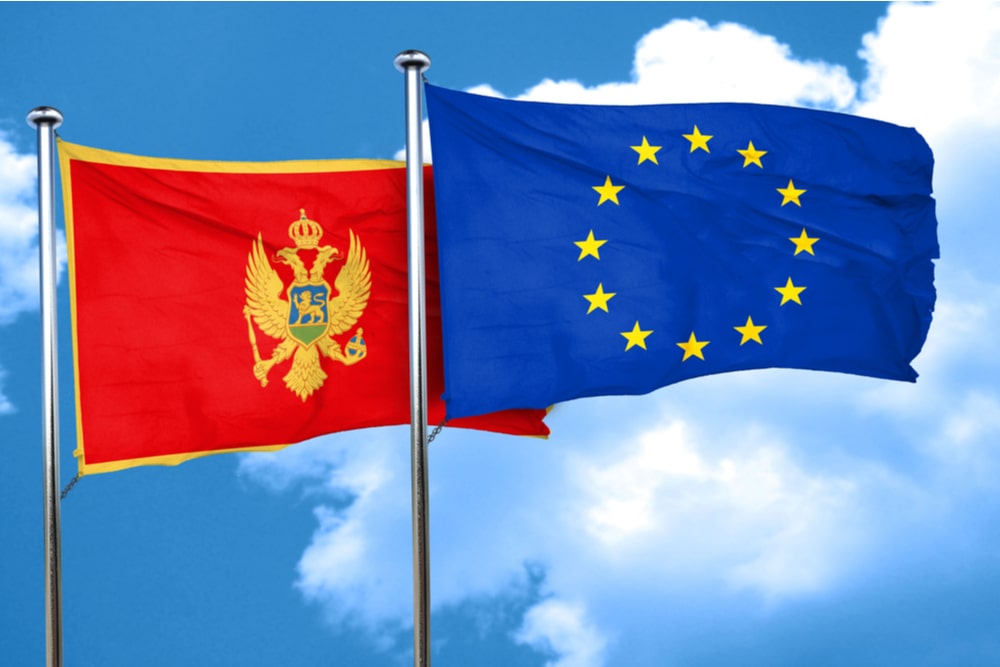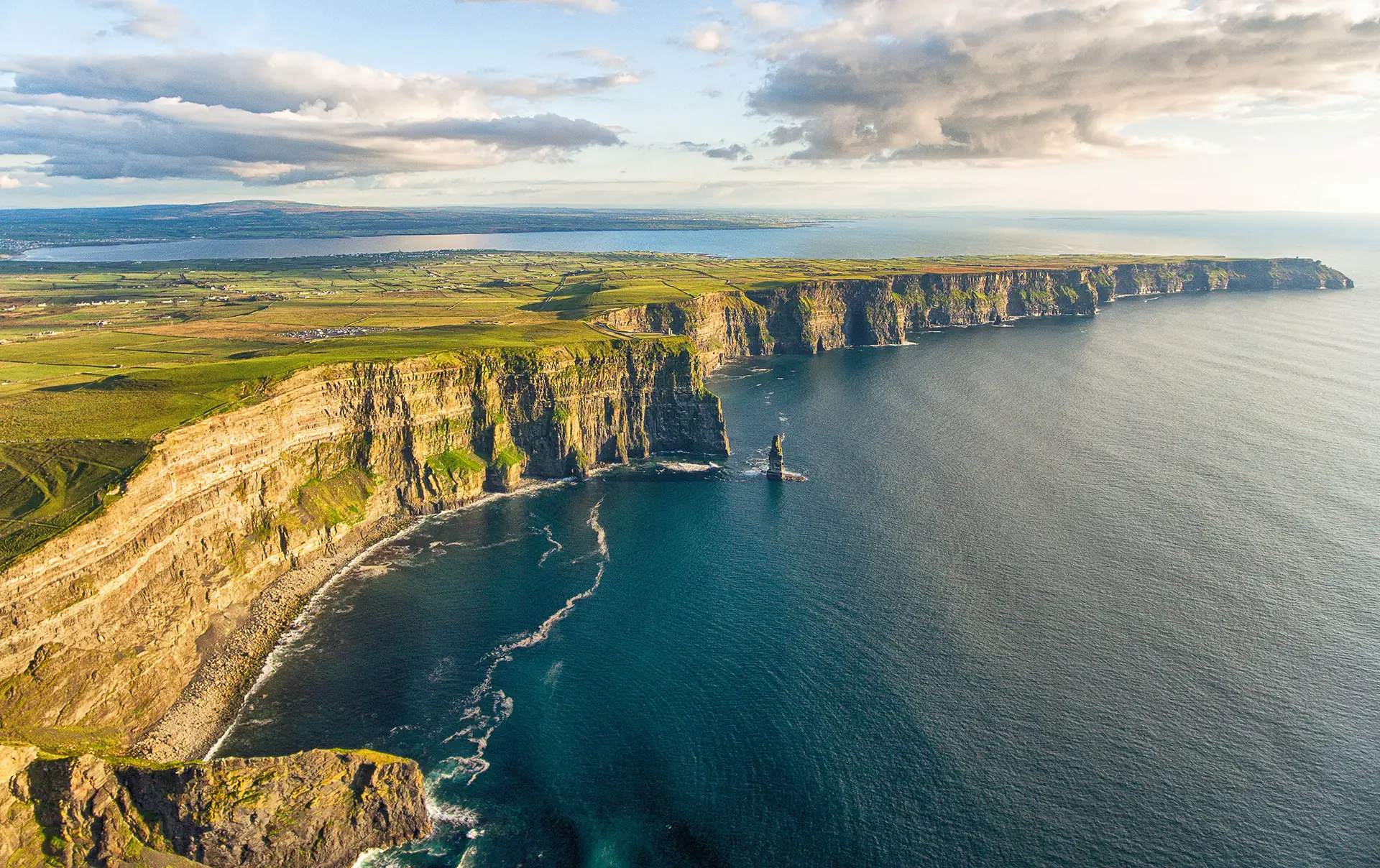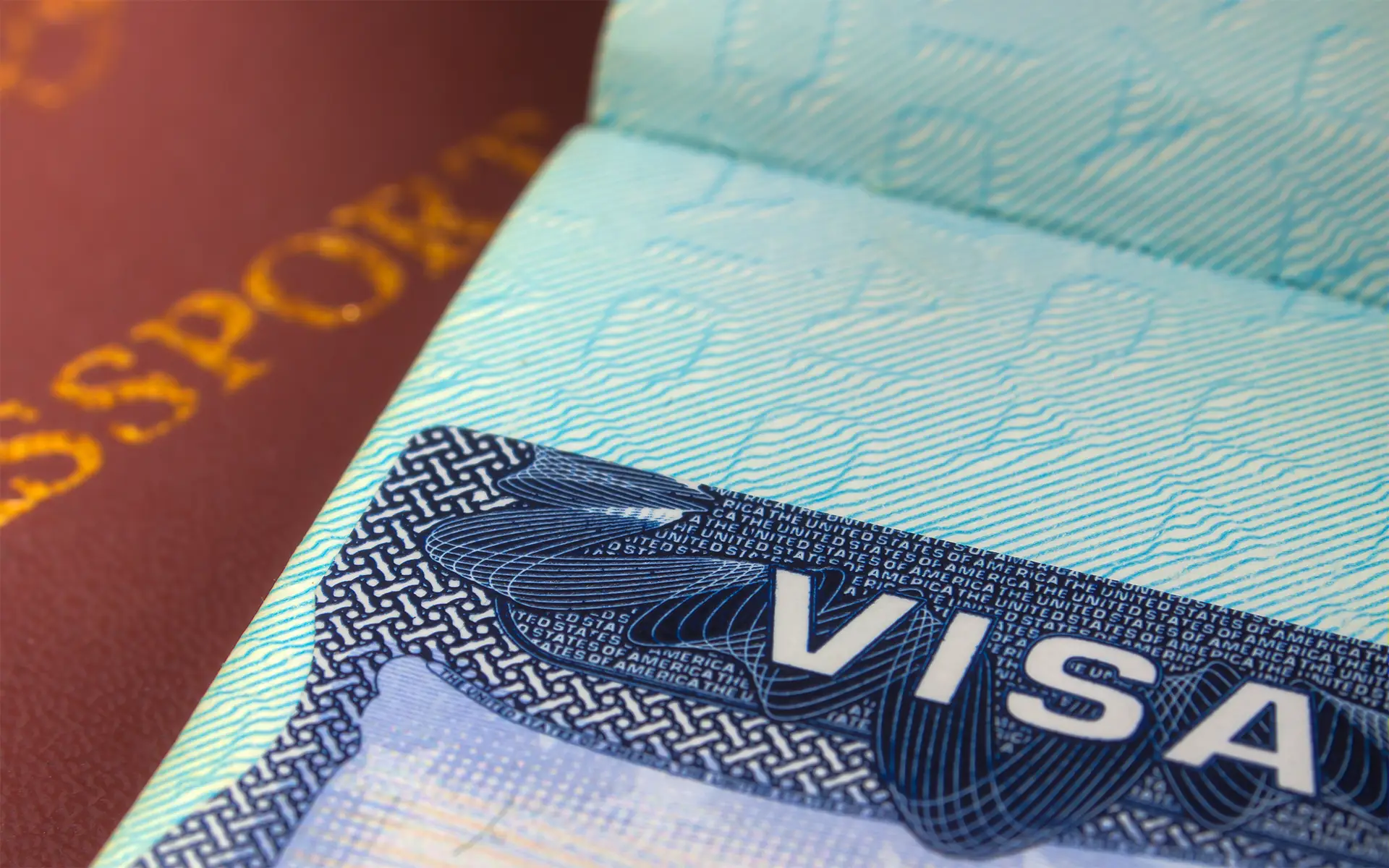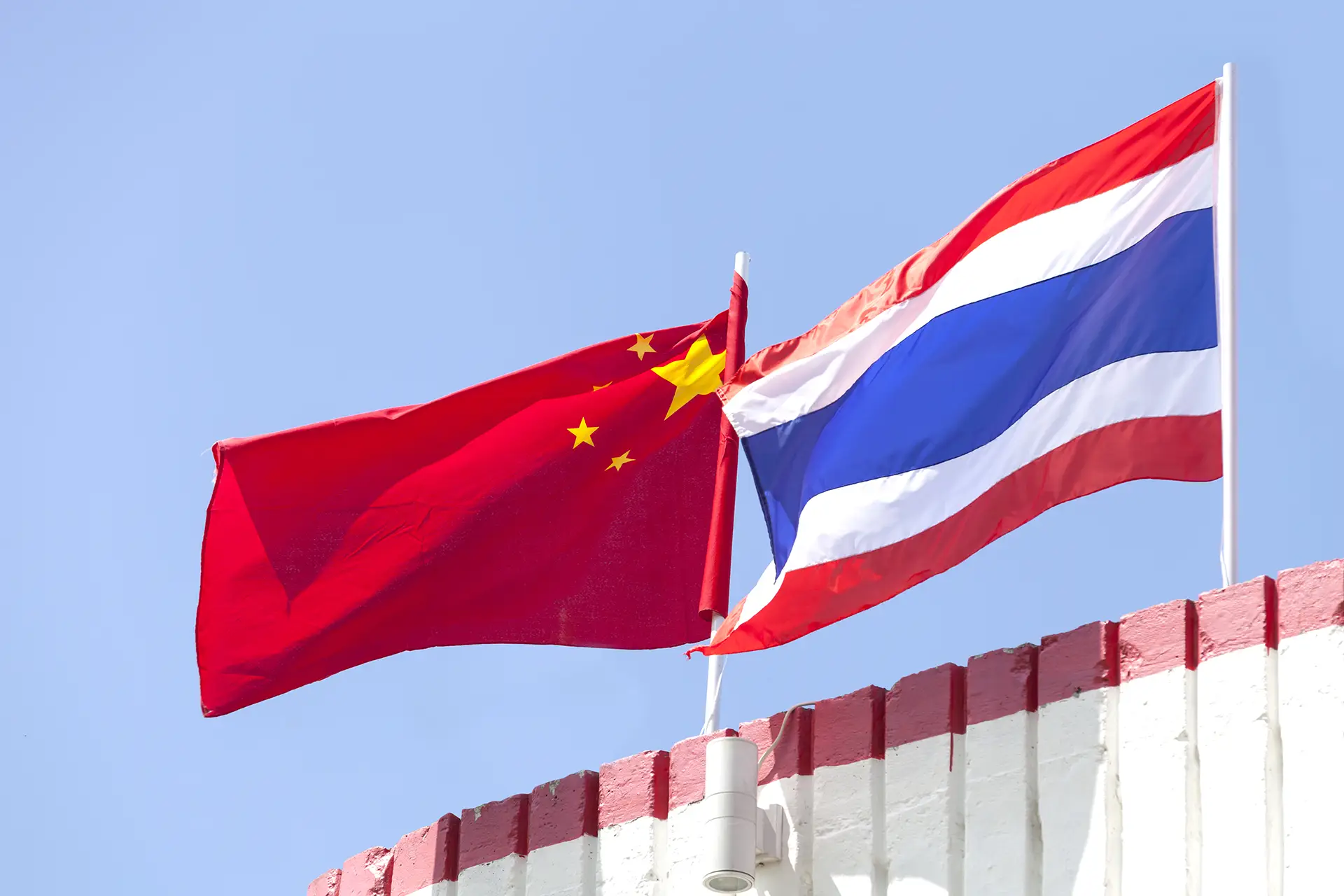
Montenegro is One Step Closer to Being Part of the European Union
Before any nation can become a Member State in the European Union, they must first wait for negotiations between ministers and ambassadors of the EU governments to conclude. That takes place at intergovernmental conferences that go over the details of a nation’s possible accession. In joining the European Union, countries integrate their economies by eliminating internal borders and vowing to promote piece within the region. That gives nations access to hundreds of millions of potential consumers across all member nations. To become an EU member, though, countries must first go through an Accession Conference. That conference begins with a thorough review of the legislation governing the country in question, then a vow by that country to implement and enforce EU legislation known as Community acquis.
December 13th marked the fourteenth Accession conference for the country of Montenegro. At that meeting, the European Council expressed respect for Montenegro’s efforts to reach the specifications required for accession, such as standards for the rule of law detailed in the Negotiation Framework.
“We welcome the progress made by Montenegro. We underlined in our discussion that progress in the negotiations will depend on the advancement of Montenegro in its preparations for accession, especially in relation to the Rule of Law interim benchmarks,” said State Secretary at the Slovenian Ministry of Foreign Affairs Gašper Dovžan following the meeting.
These meetings have been some of the first the Conference has held since the Council implemented new rules for those conferences and the expansion of the EU. That new methodology has a number of guidelines meant to assist with the process of entering the Union.
Those guidelines include a more focused attention on reforms the European Council deems fundamental, creating a consistent set of standards each nation must meet. It also aims to steer each country’s politics more accurately and pointedly, creating a set criteria and more distinctly specified process for accession. All of that requires a greater dialogue between nations, which the Council also hopes to achieve.




































































































